
Shutterstock
Elvira Bolat, Bournemouth University and Nasiru Taura, Bournemouth University
Digital technology has created new opportunities for businesses in sub-Saharan Africa to compete on a more equal footing. However, these businesses have yet to enjoy the full benefits because of a difficult operating environment.
Our recently published book, ‘Digital Entrepreneurship in Sub-Saharan Africa: Challenges, Opportunities and Prospects’, details case studies of economic sectors where digital technologies are making a positive impact.
In Ghana, digital technologies have had an impact on the agriculture sector. Agri-tech firms like Farmable, Farmerline and Esoko have successfully pursued the creation of new business ventures and renewal of existing, matured corporate business models. These agri-tech firms support farmers with pricing data, crowdfunding and communication activities. They are also connecting farmers with buyers as well as helping them work out what differentiates them from competitors.
Digital technologies are playing a role in Nigeria’s agricultural sector too.
Prime Wave , an engineering company that supplies equipment to rice processing firms, and Al-Wabel Trading Company Ltd, a rice miller, have been working together to invent new technological solutions. These are aimed at improving the performance of rice processing. The innovative solutions the company came up with for rice processing can be applied more widely across the agricultural sector. However, these firms have had to overcome regulatory and institutional challenges in the sector.
Crossing boundaries
Digital technologies have also become a part of arts, media and entertainment, in particular in Kenya and Nigeria.
Case studies from Nigeria show how small and medium-sized new media players benefit from embracing a culture of experimentation, partnership and continuous learning. These businesses have adopted a “mobile first” mindset. They do this by using mobile technology as a resourceful, quick and flexible solution to do business, connect and promote their content.
The advertising, game development and media companies that took part in the research had all invested substantially in establishing their own systems for sharing data. These firms also embrace the Passion economy which centres around social causes and high access to mobile technology “as driving forces of the business”.
Nigeria’s movie industry, too, has benefited from digitisation. The technology has improved production time and quality. It has also helped extend the reach of movies to wider audiences. Foreign investors are taking greater interest in this fast growing business.
A potential drawback of digital technology in the arts is that cultural artefacts created digitally can also appear in many places at once. So, instead of gaining visibility it is actually lost in the digital crowd. But Kenyan artists have managed to use social media networks to build their own “cultural capital” and gain access to physical galleries.
Innovation hubs
There’s also been an increase in the number of digital hubs across the sub continent. But do they really help business to start up and survive?
The number of innovation hubs in Africa has grown sharply. There’s BusyInternet and SMSGH Solutions in Ghana; Erik Hersman’s iHub and Safaricom’s M-PESA in Kenya; and Nigeria’s Yaba, a suburb of Lagos labelled the country’s Silicon Valley.
A chapter in our book discusses the social complexity of engaging these hubs. In Accra, the Ghanaian capital, hubs could not provide support that is relevant to local digital entrepreneurs’ circumstances. Entrepreneurs in Harare thought that hubs “wasted precious resources”. Most hubs on the subcontinent also appear to make little contribution to the creation of new businesses.
Perhaps “impact-oriented” investors who are passionate about the region should assist digital hubs to make the necessary changes to how they operate.
Local conditions and culture can shape the “ecosystems” in which businesses operate. Some of these conditions, such as corruption, are hostile to business efficiency. The challenges are most pronounced in the communications, transport, and energy networks. Much of the region’s infrastructure is inefficient, and more than three-quarters of the population remains offline.
Take Nigeria’s movie industry. It needs more than investment. It also needs government to make regulatory changes to protect the creative sector. Government should also prioritise the development of movie industry skills. The same can be said about the music industry.
Afrocentric digital solutions
Overall, the book highlights that in a region with multiple social, environmental, economic and political challenges there is a need for more interrogation into how both incumbent and new players in sub-Saharan Africa are shaping the landscape with a view to meeting the UN Sustainable Development Goals.
Digital technologies, as some of our case studies show, can play an important role in transforming African economies. However, digital technology solutions must not just be mere adaptations of dominant Western services and products. They must be aimed at meeting the sub-continent’s needs. In this regard, there’s a lot to learn from Japan.
Demand for technology after the Second World War resulted in the development of a plethora of advanced solutions which secured Japan’s status as an innovator.
There are promising new ventures such as Google’s Artificial Intelligence lab in Ghana – the company’s first in Africa. This is a centre of research into digital solutions to Africa’s problems.![]()
Elvira Bolat, Principal Academic in Marketing, Bournemouth University and Nasiru Taura, Lecturer in Entrepreneurship and Innovation, Bournemouth University
This article is republished from The Conversation under a Creative Commons license. Read the original article.
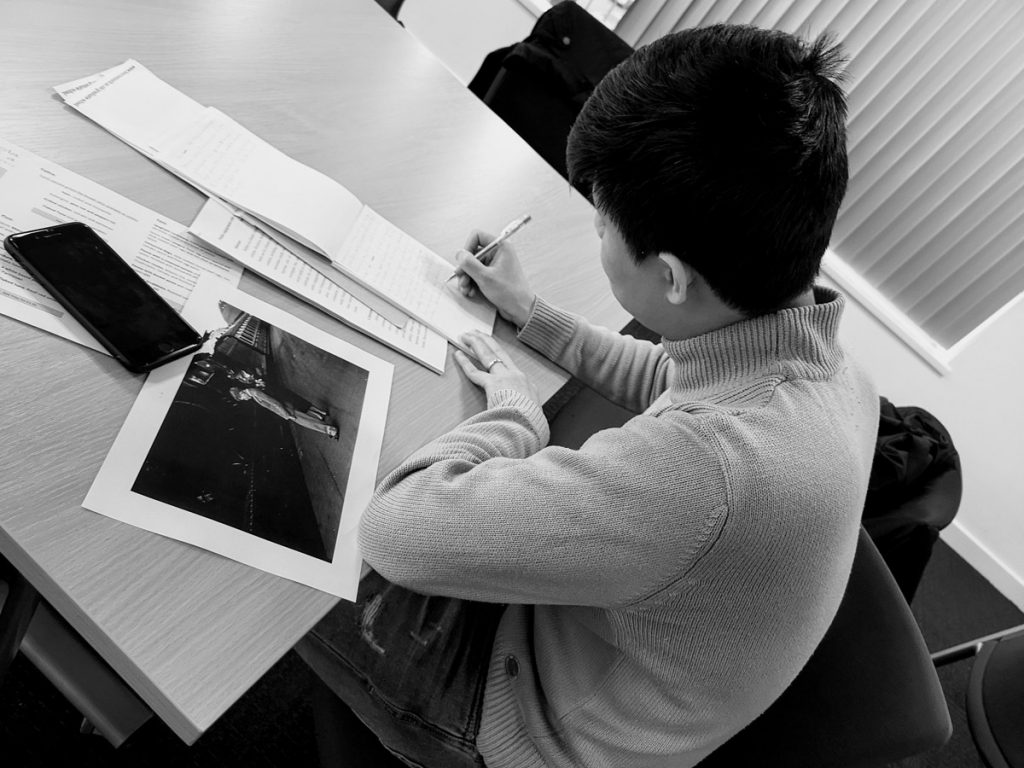

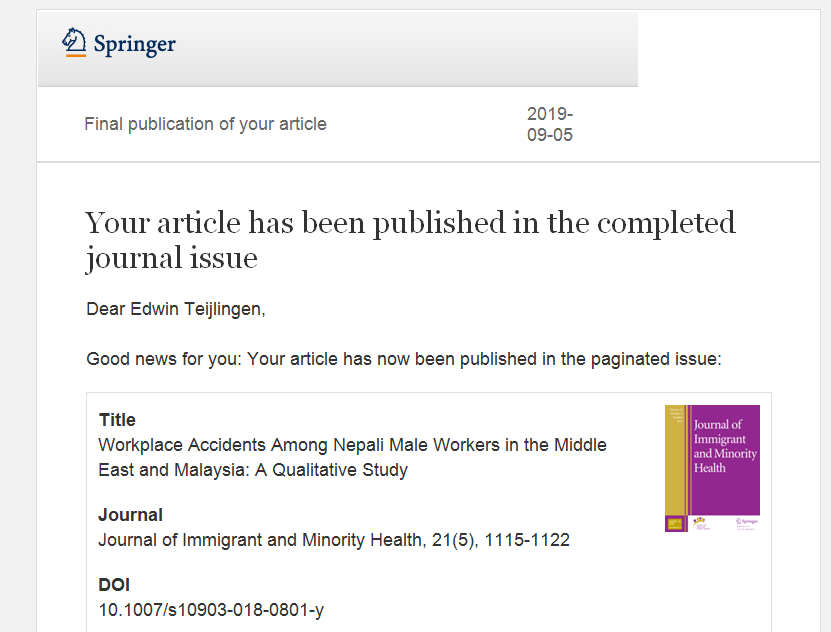
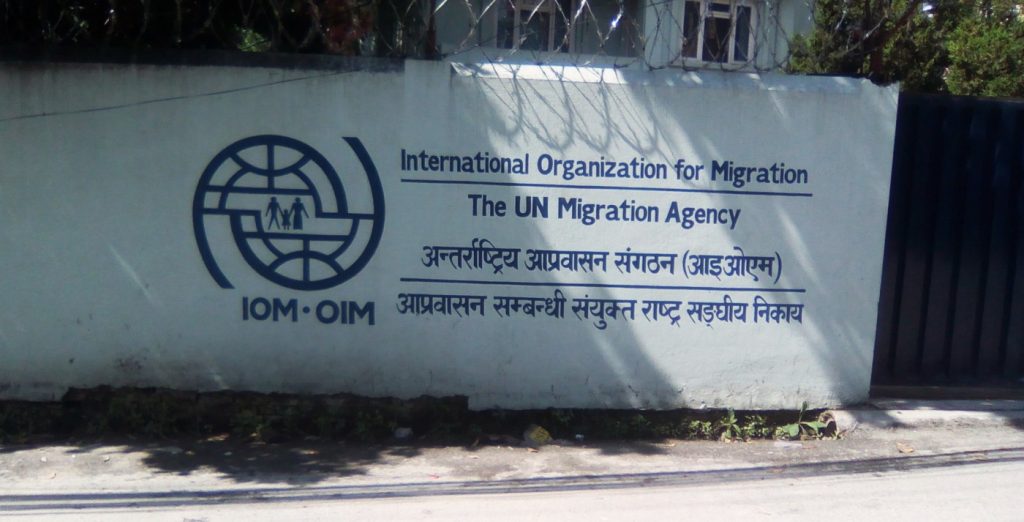
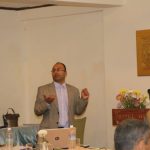
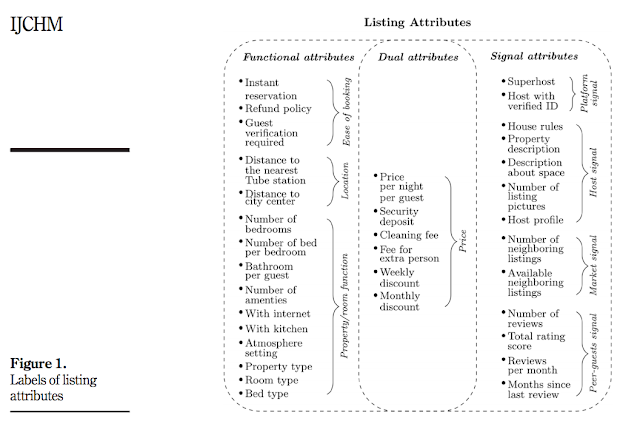
 The deadline to provide feedback on the BU REF 2021 draft code of practice is 5pm on Tuesday.
The deadline to provide feedback on the BU REF 2021 draft code of practice is 5pm on Tuesday.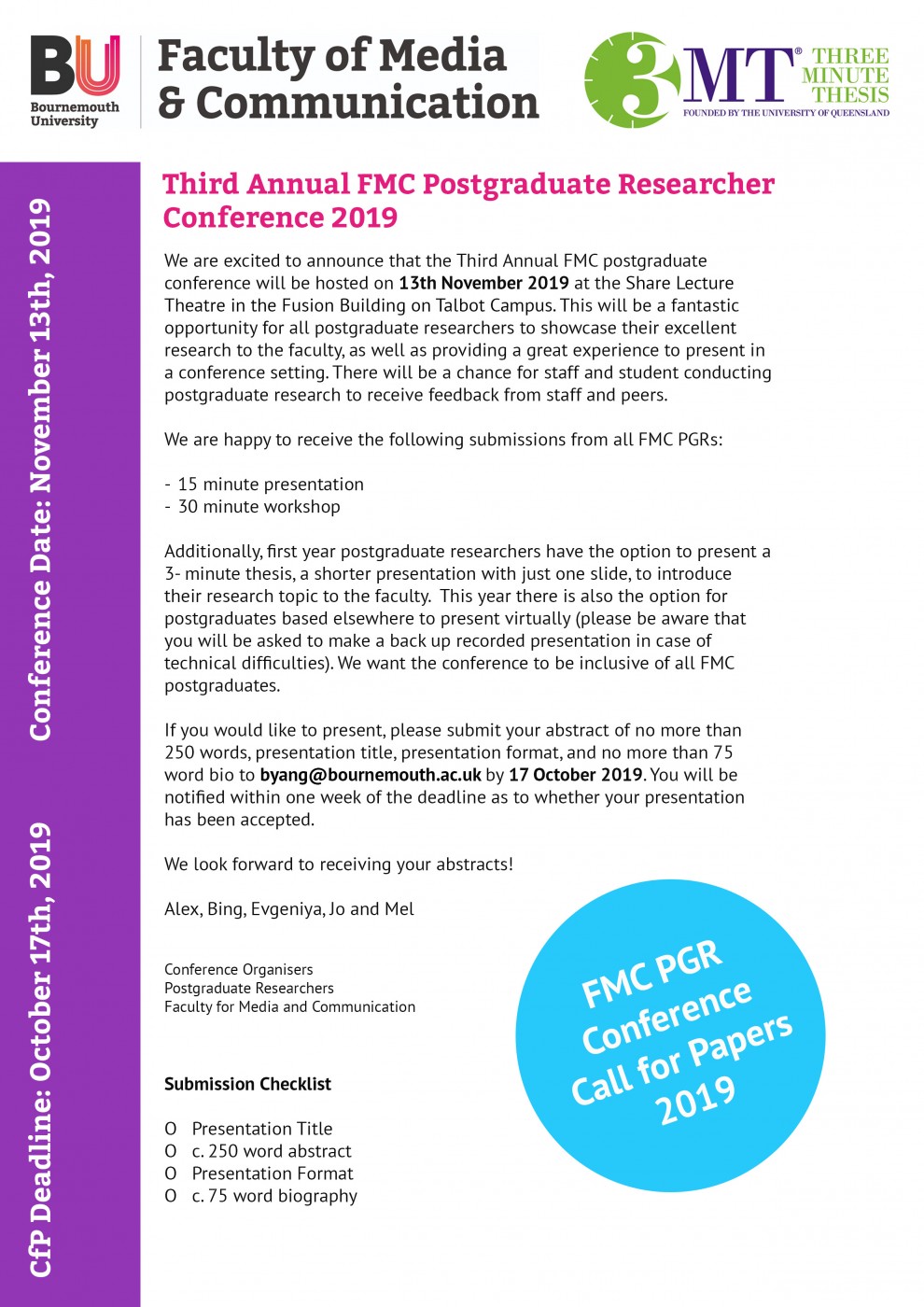
 BU recently launched the
BU recently launched the 
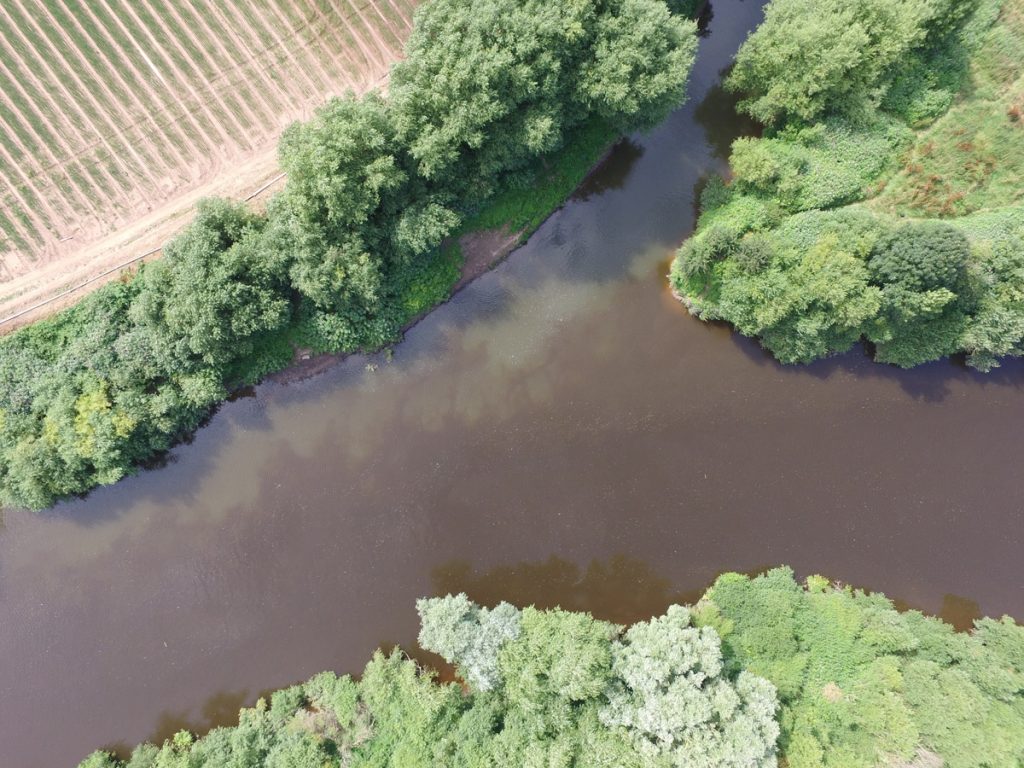


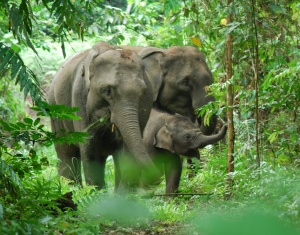
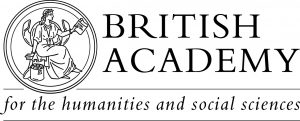
 NERC introduced
NERC introduced 










 BU Professor has been invited to a series of plenary and invited lectures.
BU Professor has been invited to a series of plenary and invited lectures. Research reaching non-academic audiences
Research reaching non-academic audiences April’s Café Scientifique – Should we help machines understand and respond to our emotions?
April’s Café Scientifique – Should we help machines understand and respond to our emotions? Postgraduate Research Experience Survey (PRES) 2024 – 2 WEEKS LEFT
Postgraduate Research Experience Survey (PRES) 2024 – 2 WEEKS LEFT Working with The Conversation: online training session – Wednesday 8th May
Working with The Conversation: online training session – Wednesday 8th May Apply for up to £1,000 to deliver an event and take part in a national festival of public engagement with research
Apply for up to £1,000 to deliver an event and take part in a national festival of public engagement with research MSCA Postdoctoral Fellowships 2024
MSCA Postdoctoral Fellowships 2024 Horizon Europe News – December 2023
Horizon Europe News – December 2023